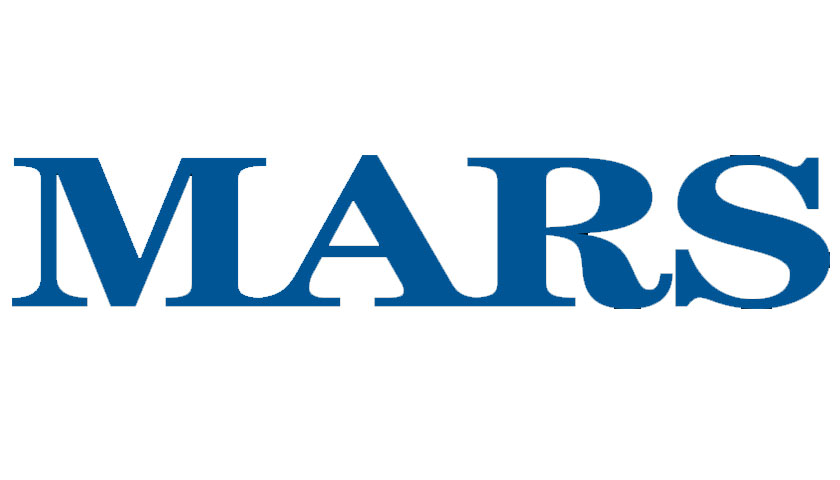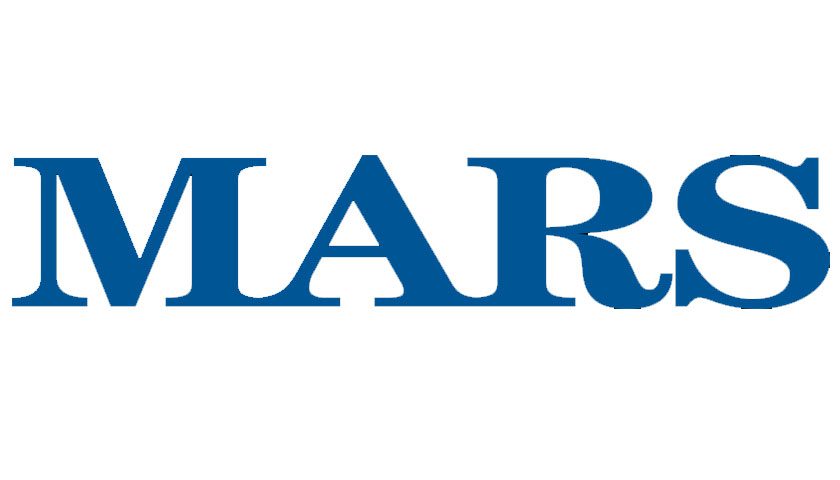Mars, Incorporated recently released the 2024 Mars Sustainable in a Generation Report, announcing continued progress towards its goal of reducing its carbon footprint. By the end of 2024, Mars achieved another 1.9% reduction in absolute greenhouse gas (GHG) emissions compared to its 2015 baseline, while growing the business over 69% to approximately $55 billion in annual sales during the same period.
Poul Weihrauch, Mars CEO said: “I’m pleased to see our continued ability to decouple our business growth from our carbon footprint while simultaneously investing in innovation and getting behind start-ups that will be creating new solutions and advance breakthroughs to help companies address resilience challenges. These are important areas to make meaningful progress in helping us to reduce exposure to future environmental risks, and eventually, turn it into profit and competitive advantage. Looking ahead, there will be setbacks – and we must be unafraid to say so – but we will stay focused on making progress, growing our business and reducing the impact we have on the planet by helping everyone thrive.”
In 2024, Mars focused on partnerships advancing innovative agricultural practices and deforestation-free supply chains. We continued to grow the number of climate-smart agriculture projects to more than 60, covering 13 crops in 29 countries. Mars is working alongside its partners, helping them reduce energy usage in direct operations and adopt farming practices that regenerate soils and help farmers future-proof their businesses by making them less exposed to hazards such as flooding, drought or pests. Highlights of some of our latest projects include:
- Livelihoods Fund for Family Farmers (L3F): By 2024, 932 farmers in North Sumatra have received Roundtable on Sustainable Palm Oil (RSPO) certification, 2,031 hectares have transitioned to innovative agriculture practices and 8,000 hectares of forest have been protected by community-led conservation efforts.
- KIND Almond Acres Initiative: Mars nearly doubled the acreage of its test pilot, and water data from year one of research shows a 17% increase in water use efficiency with subsurface irrigation.
- Moo’ving Dairy Forward Sustainable Dairy Plan: Mars has committed $47 million over three years to help reduce GHG emissions in its dairy supply chain. By collaborating with farmers, suppliers and researchers, Mars is helping to drive meaningful, positive change in the dairy sector.
- RESTORE project: Mars is supporting sustainable cocoa farming while protecting and rebuilding forests. This program increases tree cover, establishes landscape management boards and creates new earning opportunities for cocoa-growing communities.
- Sustainable Aromatic Rice Initiative (SARI): Reaching 1,445 farmers across Roi Et and Central Plain in Thailand, 66% of whom are women, the program has increased rice production by 43% in Roi Et and 10% in Central Plain, while cutting water use by 56% and 41%, respectively.
Mars has for a long time implemented an approach that embeds sustainability into how it does business. In 2024, it expanded the number of leaders from the top 400 to approximately 2,000 who now have their long-term compensation tied to GHG emissions reductions alongside other more traditional business performance metrics, reinforcing its commitment to embedding responsible business practices at every level of the organization.
Alastair Child, Mars Chief Sustainability Officer, said: “We’re firmly committed not just to targets in a distant future but to delivering progress now. In order to do this, societal impact goals have to be built into business decision making. And to continue to deliver progress consistently, we need systemic change across our supply chains, with governments, industry and farmers all playing a role. We know we can’t do this alone and so we want to bring our partners and peers along, as only large-scale change will deliver on our collective goals.”
Recognizing the role of science and innovation to meet the challenges ahead, Mars is announcing today the Mars Sustainability Investment Fund (MSIF) with a total capital commitment of up to $250 million. The business plans to deploy capital across investment funds and direct investments. The Fund is focused on the following areas: Advanced Agriculture: technologies that reduce the emissions associated with agricultural inputs in our products; Innovative Ingredients and Raw Materials: lower emission or “better-for-you” alternatives to existing ingredients used in our products; and Next Generation Packaging: designed for circularity, with a focus on recyclable, compostable or otherwise bio-benign replacements for flexible plastics. The fund builds on the company’s commitment to make substantial investments to advance its Sustainable in a Generation Plan.
Explore the 2024 Mars Sustainable in a Generation Report to learn more about how Mars delivered 3.5 billion healthy meals, including 309 million servings of fiber and 372 million servings of vegetables, all while reducing sodium by 5% (compared to a 2019 baseline), as well as how Mars has made a difference in more than 850,000 people’s lives across its value chain, or how 64.1% of its consumer-facing packaging is designed to be reusable, recyclable or compostable.

